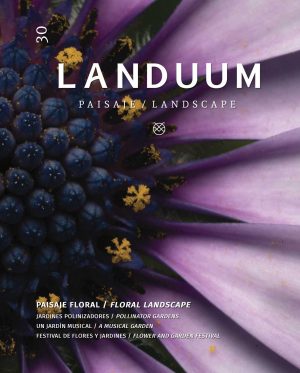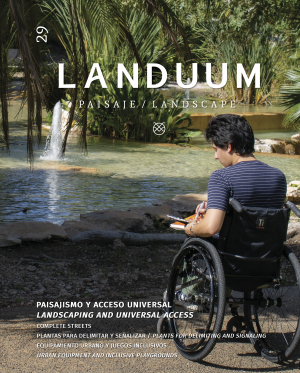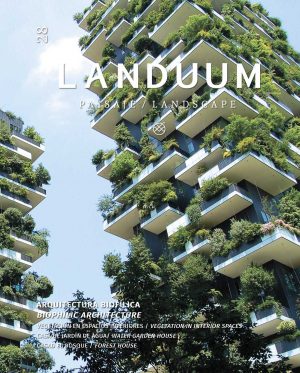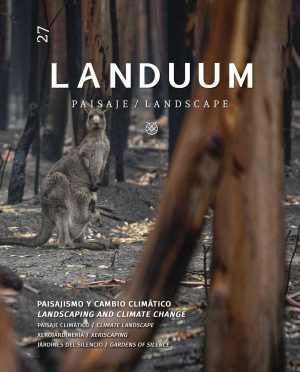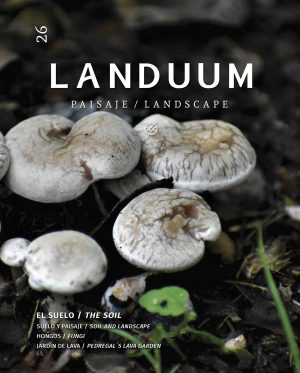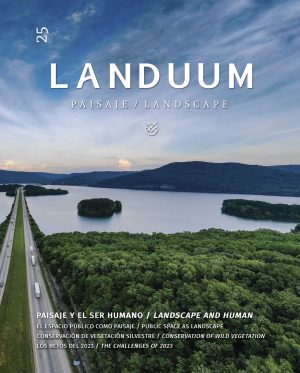The Landscape from my window. ¿A virus that kills or awakens us?
For the past few decades, the loss of the natural landscape due to the exponential growth of our cities has been abysmal. Nowadays, we face a situation that breaks up with routines, but most importantly with paradigms, those paradigms with which we have directed our capacities as humans towards the transformation of our environment.
Historically the concept of landscape has been defined through human perception, therefore our understanding of this concept has changed along with human and societal evolution.
For centuries we have developed with the idea of broadening our horizons, expanding into unknown territories and, undertake a path where our thirst remains insatiable for discovering new spaces that are habitable for the human being.
Around the industrial revolution, when the rural exodus represented a change in the growth and setup of cities, a large number of territories became destined for mass agriculture.
Nowadays, the industry grows and creates a new way of life where massive production processes become necessary to sustain life in the cities. Nonetheless, as a consequence of the loss of natural landscapes, a new way of naming our territories is born: Urban settings are born.
As for art, the painter Camille Pissarro; known as one of the fathers of Impressionism; in the “Boulevard Montmartre cityscape series”, it depicts an urban landscape in which nature serves as a measure of time, in which each painting represents a season of the year.
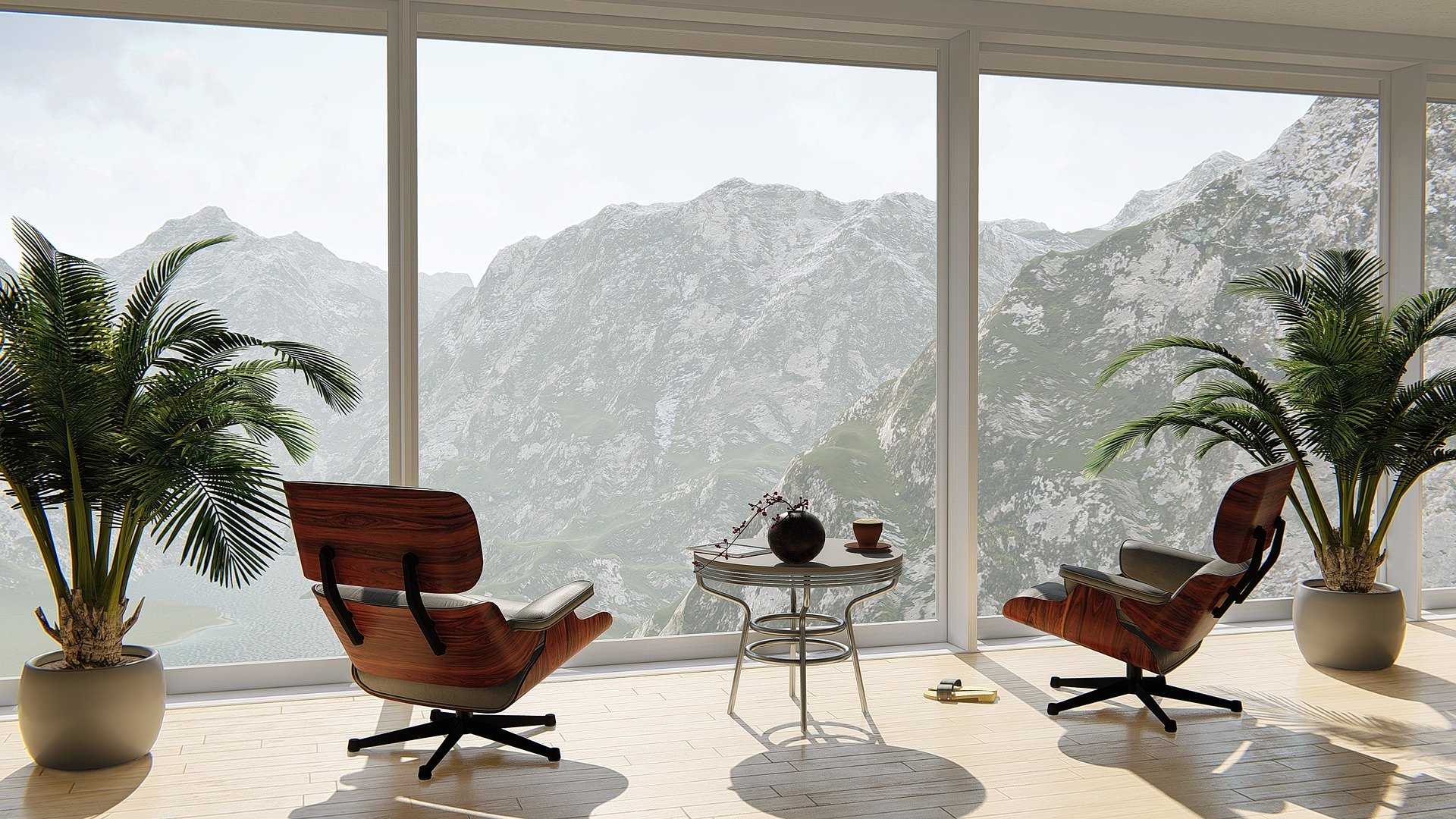
View from the window
Photography: Arek Socha en Pixabay
It is a clear statement regarding how the urban landscape remains static while the natural one reflects a constant change: the same person, the same window, and avenue; however, in each case the panorama changes.
It was necessary to give a little historical context in order to state the following: We, as humans, are capable of inhabiting spaces, transform them, and above all, we are capable of giving them meaning.
Paradoxically, as we occupy territories, the spaces we live in become smaller and our need to connect with the outside grows.
The fact that we live in cities, as well as our necessity to fill up our pockets, have put in risk the permanent nature of our environment, which we are continuously losing. We can not change our past, however, we can redefine our present in order to consciously determine our future.
The inherent human need of connecting with nature is a natural quality, but even having that in mind as the current global pandemic scenario, we have to be resilient regarding the way we think, live, and act towards our environment, beginning by changing the space which we live in.
We have to find that sense of belonging that can make a small space a place that you will always want to live in. We are now dealing with a reality in which we have to experience the outside from the inside; where a garden, balcony, or even a window become a luxury.
It is time for us to ask ourselves, how are we going to recover the natural landscapes if we do not even know that we have lost it? Think about how we already occupy a space that we have populated and handled, and that now we need to transform and take care of.
“Staying in our home during quarantine has allowed us to reflect and look out the window; It is an opportunity that we must take advantage of”.
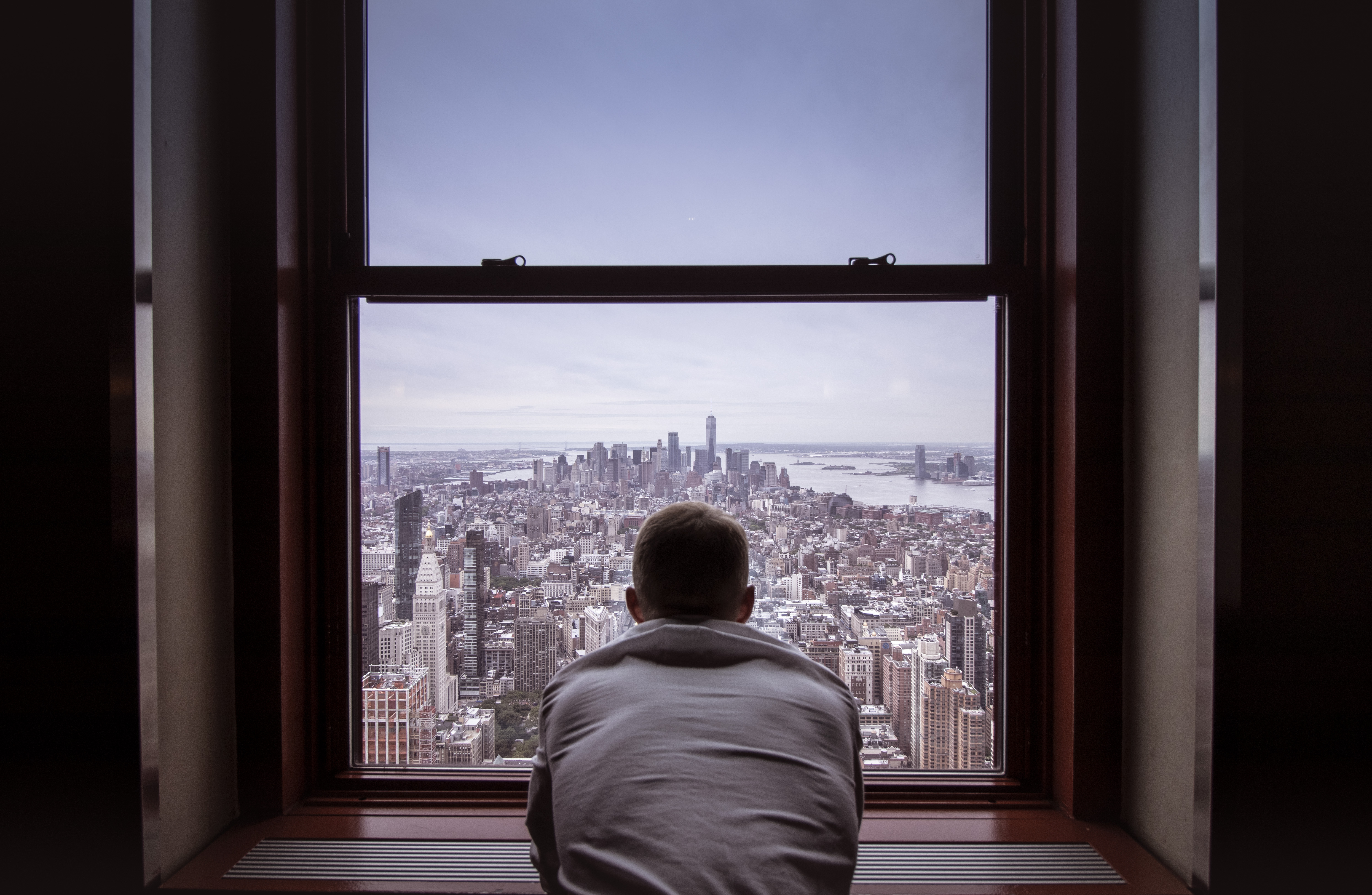
Observing the city
Photography: Norbert Kundrak



